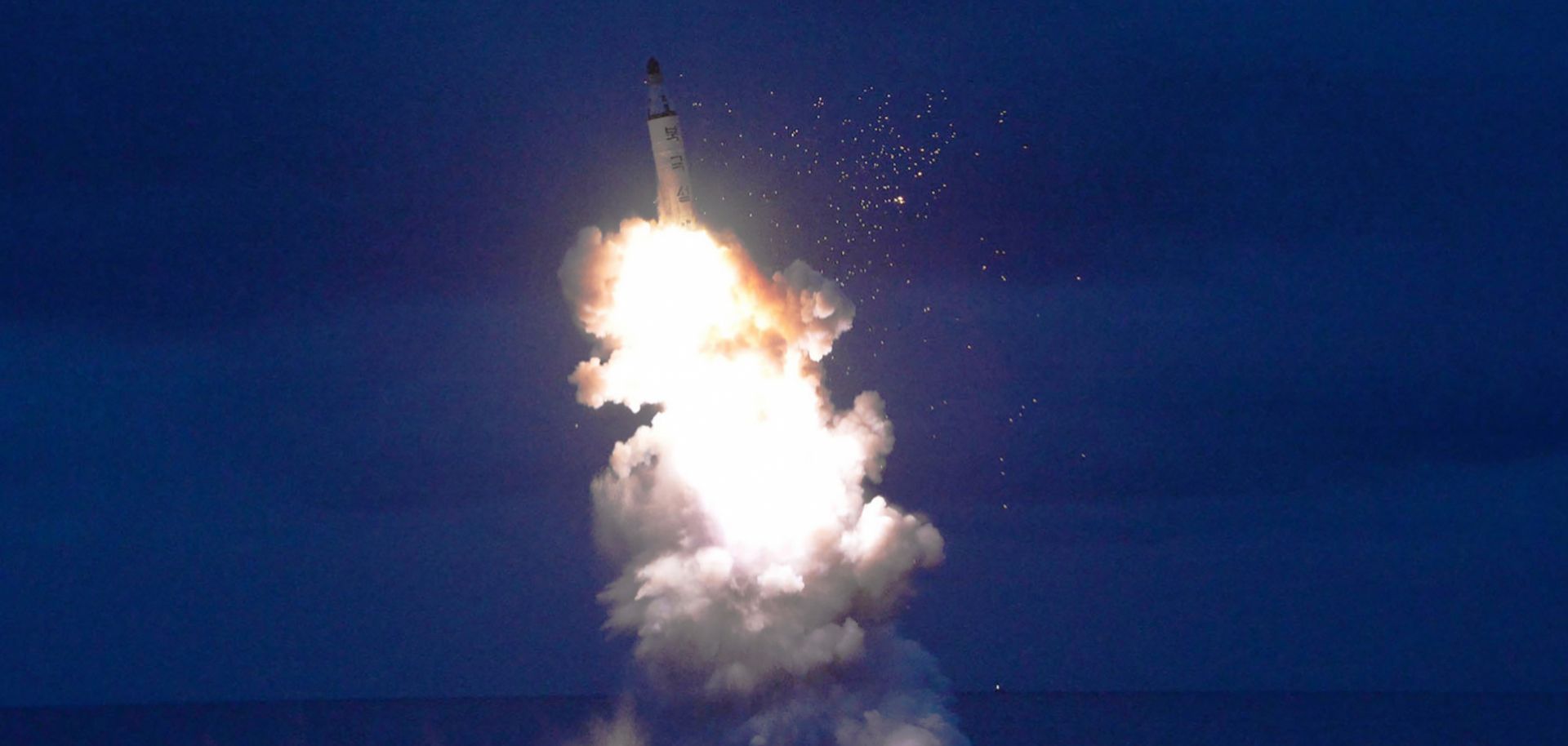Since the end of the Cold War, paradox has characterized the United States' perception of North Korea. Pyongyang is at once a constant threat and a continual joke, its leaders a source of as much fear for the American public as derision. North Korea's missile and nuclear program is presented simultaneously as a dangerous example of the failure of nonproliferation regimes and as a duct-tape-and-bailing-wire operation, notwithstanding the flurry of missile tests and accomplishments that Pyongyang has touted recently. In his latest New Year address, North Korean leader Kim Jong Un described the achievements that the country's nuclear and missile program had made over the past year and those that it would make in the year to come. His remarks proclaimed a country that had attained the status of a nuclear power in 2016 and was now prepared to launch an intercontinental ballistic missile (ICBM).
Yet the dual view of North...


